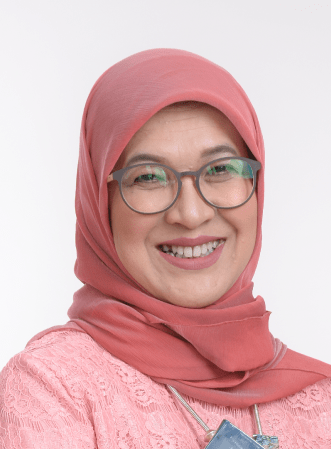Asian Englishes, EMI and Interdisciplinarity
In this presentation, Professor Bolton will talk about English in the Asian region, as well as the topic of English-medium instruction (EMI) at various Asian universities. In the last fifty years, there has been a remarkable spread of the English language throughout the Asian region, not least in such former Anglophone colonies as India, Hong Kong, Malaysia, the Philippines, and Singapore, the so-called ‘Outer Circle’ English-using societies. In addition, English has also been spreading in ‘Expanding Circle’ contexts, such as China, Japan, Indonesia, South Korea, and Thailand. Today, almost everywhere in Asia, English-medium instruction (EMI) is becoming increasingly popular in higher education, partly as a result of universities responding to internationalization and university rankings. In this context, the role of university English language teachers has been changing considerably. In the past, faculty typically studied English literature and literary analysis, but today they are often expected to deliver programs in engineering and science communication, as well in the humanities and social sciences. How then can language educators meet the needs of interdisciplinarity in Asian universities today?
Professor Kingsley Bolton
Professor Emeritus, University of Stockholm
More Than The Sum of Its parts: The Power of Interdisciplinary, Collaborative Educational Research (Erika Matruglio)
In this paper I explore some of the benefits of interdisciplinary approaches for collaboration in both teaching and research. Interdisciplinary work has the potential to yield greater explanatory power than the use of single theories on their own. In research, it makes possible both deeper insight into objects of study and also theoretical advancements, as theories used together pose questions and problems which stretch them towards further advancement (Maton, Martin, & Matruglio, 2016). In teaching, one theory can provide an overarching structure or framework while another can provide more visible content or subject matter. Interdisciplinary approaches can also help facilitate collaboration between researchers and practitioners. Interdisciplinary collaboration can even be useful in the concurrent research of one’s own teaching practice, to provide an evidence base for systematic improvement and re-design of curricula and to provide an opportunity to engage meaningfully with the field of scholarship of teaching and learning. In this paper I will use examples from my own research and teaching to illustrate the benefits of interdisciplinarity mentioned above. In so doing, I will show how interdisciplinary work can be more than the sum of its parts.
Dr. Erika Matruglio
Senior Lecturer TESOL, University of Wollongong, Australia
The Praxis of Interdisciplinarity: Opportunities in the Indonesian Context (Ardian Wahyu Setiawan)
As a hybrid and fluid field, applied linguistics offers an interdisciplinary approach which teachers and researchers can employ in their teaching and research activities. Taking the nature of applied linguistics as a basis for discussion, this session will address the praxis of interdisciplinarity in the Indonesian context. It aims to provide insights into opportunities offered by the interdisciplinary nature of applied linguistics in teaching and research. The discussion will take into account various aspects which shape the teaching and research activities in the Indonesian context. In this session, conference participants will be invited to take part and contribute to the discussion through an online discussion platform. Overall, the session highlights the praxis of interdisciplinarity in the Indonesian context.
Ardian Wahyu Setiawan, S.S., M.Ed. Ed.D.
Faculty Member, Politeknik Negeri Malang, Indonesia



2.png)
.jpg)